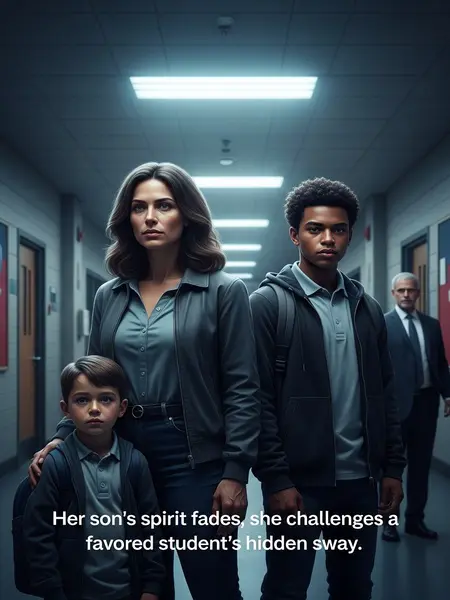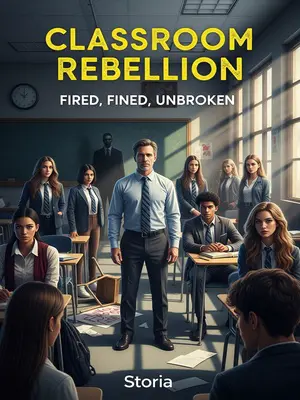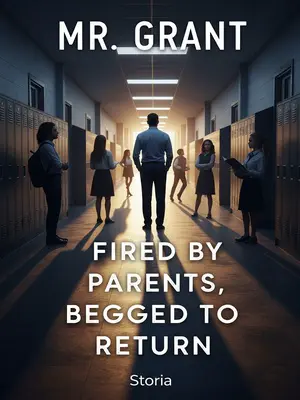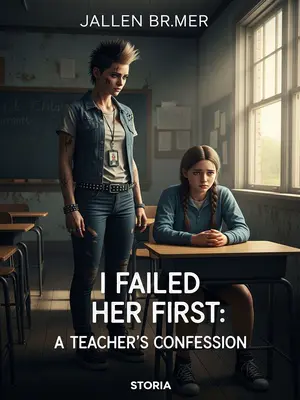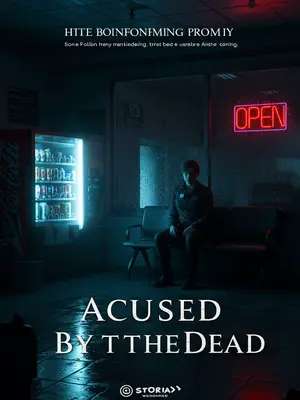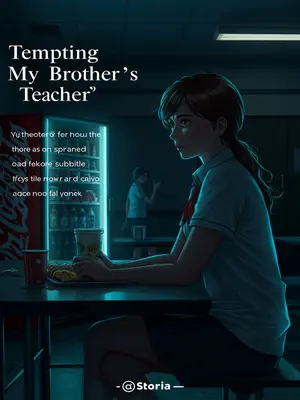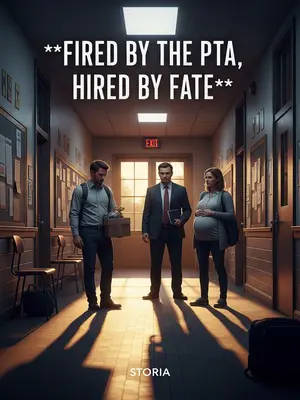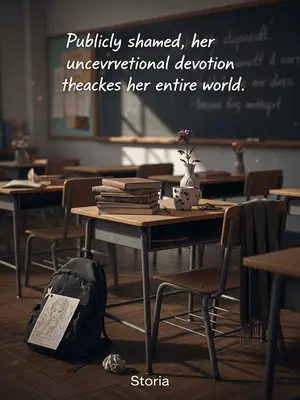Chapter 2: The Teacher’s Blind Eye
I was shaking all over.
My heart raced, anger and guilt mixing in my chest. Why hadn’t I seen it sooner? Was I too busy, too distracted? I took a slow breath, grounding myself, determined not to let my old wounds cloud my judgment now.
Maybe out of habit, I had naturally assumed that the boys bullying my son must be the so-called "troublemakers."
But suddenly I realized how deeply ingrained social biases can be.
And these biases are often invisible.
I glanced at a family photo on the bookshelf—the three of us at the lake last summer. I wondered how many other parents made these same silent, mistaken assumptions.
"Mom, did I really do something wrong to make them pick on me?"
My son kept sobbing. "I don’t want to go to school anymore."
He sniffled, shoulders slumped, his voice so small I barely heard him over the sound of my own heart breaking. I pulled him into my lap, just like I did when he was a toddler with scraped knees and monster nightmares.
I cupped his round, apple-like face and kissed his cheek.
His skin was warm and damp, salty from tears. I brushed my lips across his forehead, hoping he could feel my love, my fierce promise to protect him.
"Honey, you are not wrong."
I wiped away another tear, cradling his face in my hands.
"Mom is telling you very seriously: you are not wrong at all. Even if—just for argument’s sake—you really did something wrong, it would only be not telling the teacher or me in time. Do you understand?"
He nodded, tears streaming down his face.
I handed him a tissue from the box on the coffee table, watching as he dabbed his eyes with the same clumsy care he used to tie his shoes.
"But Mom, the teacher really likes him."
He didn’t say the rest, but how could I not understand?
He bit his lip, and I saw the disappointment flicker across his face—the old, familiar story of adults siding with the golden child.
"You’re still young. For things you can’t solve, Mom will help you."
I hugged him tightly. "Mom will talk to the teacher about this. We’ll discuss it together, and the boy who bullied you will apologize to you, okay?"
I squeezed him so close I could feel his heartbeat against mine, hoping he’d believe me, hoping I could make good on my promise.
"Really?" My son looked at me with hope.
His eyes, wide and trusting, shimmered with cautious optimism.
"Really," I said firmly.
I gave him my best Mom look, the one that means I’ll go to the ends of the earth for him, no matter what.
"If he can apologize, then I’ll forgive him too," my son said, his eyes shining. "We can still be good friends."
Kids forgive so easily, I thought, wishing I could do the same.
After comforting my son, I carefully considered my words and called the homeroom teacher, Mr. Carter, after lunch.
I let my son curl up with the dog on the couch while I paced in the kitchen, phone pressed tight to my ear, rehearsing what I’d say.
After a brief greeting, I sent the photo and explained the situation.
The silence on the other end stretched too long, filled only by the hum of the refrigerator and my own pounding heart.
"Oh, I see."
Mr. Carter’s voice was flat. "Could this be a misunderstanding? As far as I know, Tyler wouldn’t do something like this."
He coughed a few times on the other end. "You know, Evan’s mom, at this age, kids often can’t express themselves clearly. Maybe they were just playing, and he didn’t mean it that way?"
The way he dismissed it made me grip the phone harder, knuckles aching. I forced myself to stay calm, counting to three before responding.
I was taken aback and subconsciously raised my voice. "Evan is in second grade now. I think he already has the ability to express himself clearly."
I heard my voice echo off the linoleum—steady, but edged with frustration.
"Really?" Mr. Carter seemed to chuckle. "But I remember, at last semester’s final, Evan’s writing score wasn’t high—just barely passing."
I bit back the urge to scream—since when did spelling tests decide who gets bullied?
A flush crept up my neck. Was he seriously judging my son’s honesty by a test score? I took a breath, tasting something bitter at the back of my throat.
...
I laughed in disbelief. "So, Mr. Carter, you think Tyler didn’t do anything wrong?"
I felt myself drifting into sarcasm, the last refuge of the overwhelmed.
"Evan’s mom, I never said that."
"I just think that a single note doesn’t prove anything."
He kept twisting the logic: "Besides, Evan is often alone at school. As a teacher, I personally feel you should pay more attention to your child’s emotional well-being, instead of just blaming other kids."
I could almost see him in his office, leaning back in his chair, passing off the problem like it was an annoying fly buzzing at his ear. My jaw tightened.
After this brief exchange, I understood why my son was so reluctant to tell the homeroom teacher the truth.
I had no desire to continue the conversation. "Mr. Carter, I’ve recorded our entire call. If you think you’re in the right, I don’t mind sharing it with the parent group or even posting it online for everyone to judge."
I tapped my fingers on the counter, daring him to call my bluff, not caring if the PTA gossips about me at the next bake sale.
"Hey, hello, Evan’s mom..."
I hung up, feeling drained.
The phone slipped from my hand, landing with a soft thud next to a stack of unopened mail. I slumped against the cabinets, letting the adrenaline ebb.
I braced myself, half-expecting a flurry of phone calls or a knock at the door. But the house stayed quiet, except for the dog’s soft snoring.
Ignoring the teacher’s repeated calls, I thought about it and decided to message Tyler’s parent privately one more time.
If the parent was reasonable and could persuade her son to apologize to mine, I didn’t want to escalate things further.
I drafted my message three times, trying to strike a balance between direct and diplomatic, before finally pressing send. I attached the photo, my hands trembling slightly as I did.
My son is still young and sensitive. If this blew up, I was afraid he’d feel even more isolated at school.
I glanced out the window, watching a pair of kids zip by on scooters, and wondered if Evan would ever feel safe at recess again.
I sent the prepared message and a photo of the note, then waited anxiously.
The minutes crawled by. I busied myself with dishes, but kept checking my phone, hope and dread tangled together.
I waited for about two hours, but there was no reply.
But clearly, within five minutes of my private message, Tyler’s mom had posted in the parent group.
The notifications pinged one after another. I scrolled through, heart sinking as I realized she’d turned my concern into a public spectacle.
After another hour, I couldn’t hold back and sent a question mark—but the chat showed a red exclamation mark.
She had blocked me.
The sharp sting of rejection burned in my chest. So much for keeping things civil, I thought bitterly.
